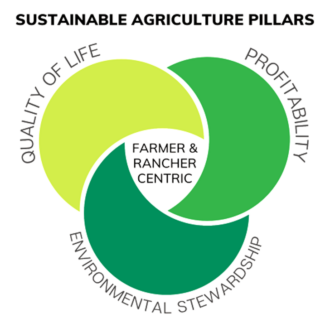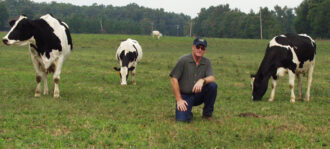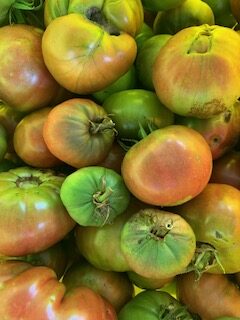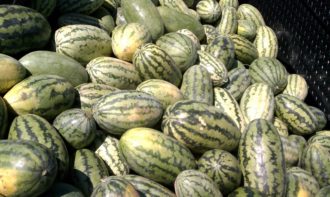
Strengthening the Organic Watermelon Industry in South Carolina
Researchers with Clemson University are seeking to strengthen the organic watermelon industry in South Carolina through a series of studies that focus on weed and soilborne pathogen control, best carbon sources for yields and soil health, and cultivar tolerance to saltwater intrusion.
Through a 3-year, $369,999 Research and Education Grant, Clemson vegetable weed scientist Matthew Cutulle, nutrient management specialist Bhupinder Farmaha, and organic vegetable specialist Brian Ward are collaborating with USDA-ARS United States Vegetable Laboratory researchers Shaker Kousik and Amnon Levi on high tunnel and open field trials of watermelon cultivars that respond best to anaerobic soil disinfestation (ASD) practices.
ASD has been shown to suppress weeds and soilborne pathogens. The practice involves adding a carbon source, saturating the soil with water and then covering it with a plastic mulch, thereby driving soil into an anaerobic state and killing aerobic microorganisms.
In part of the funded project, researchers are analyzing the plant vigor of 20 watermelon cultivars under a state of ASD, compared to non-ASD high tunnel trials. Preliminary research has found that overall, ASD improved watermelon plant vigor significantly compared to non-ASD treatments in the high tunnel trials, with some cultivars, such as Exclamation, Powerhouse, Sangria, and Extazy exhibiting higher plant vigor than other cultivars tested.
In an extension of the ASD work, the researchers are evaluating several carbon sources in their ability to facilitate the ASD process. The carbon source influences weed and soilborne pathogen suppression, but the cost of obtaining effective carbon sources is financially limiting for many farmers. Field trials will be conducted using such carbon sources as brassica waste, sweet potato waste, and brewer’s yeast waste, and comparing them to the standard ASD carbon source for efficacy.
Additionally, the researchers will screen watermelon germplasm and their tolerance in different saltwater concentrations. Saltwater inundation is an obstacle with producing more watermelon in the coastal regions of South Carolina.
The research is expected to conclude in late 2025.
State Contacts
SARE State Coordinators are vital for expanding sustainable agriculture training for Extension, NRCS, and other agricultural professionals, who will then help producers transition to a more sustainable agriculture.

Joshua Idassi
SARE IN SOUTH CAROLINA
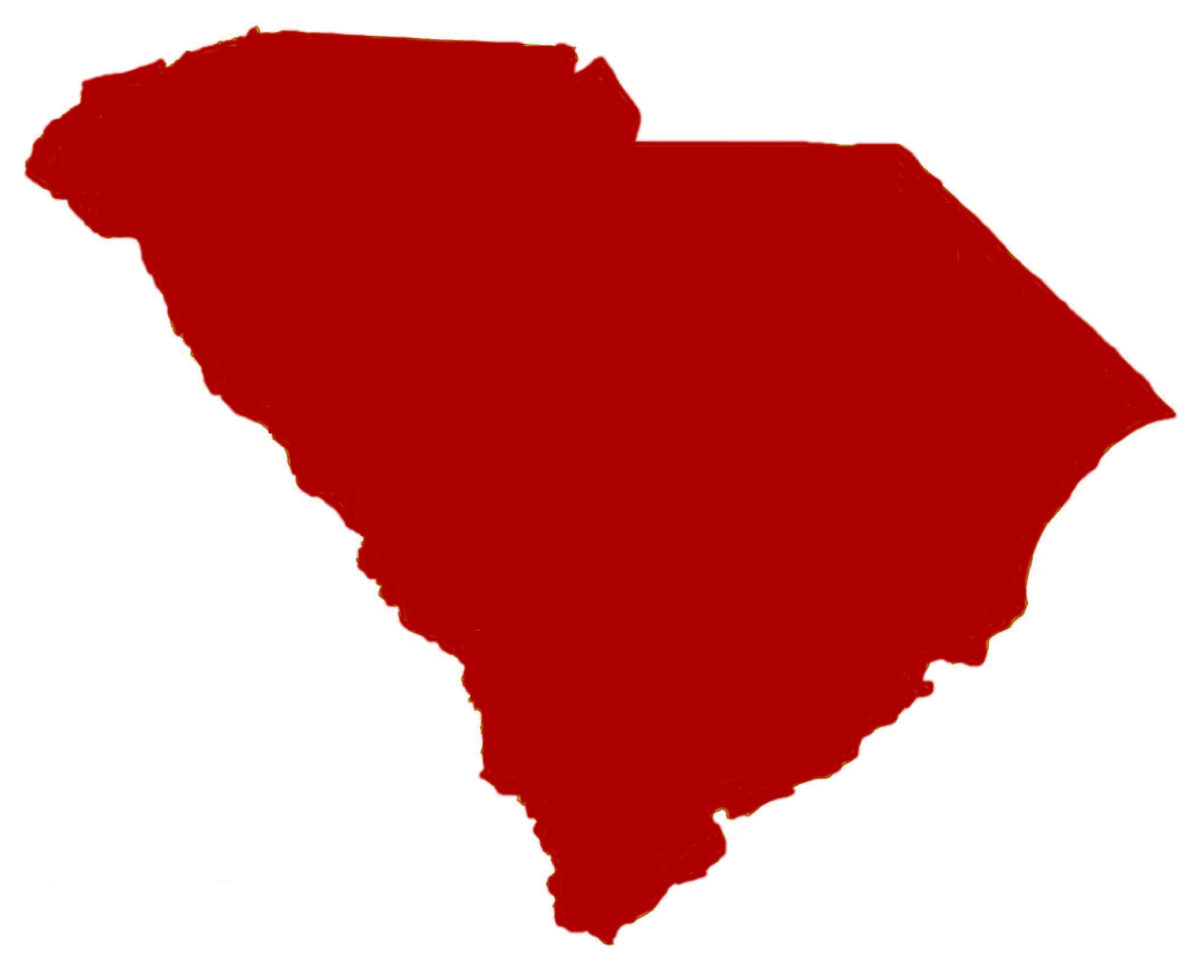
The South Carolina Sustainable Agriculture Research and Education (SARE) is a professional development program sponsored by the Southern Region SARE and co-coordinated by Clemson University and South Carolina State University. We work together to provide sustainable agriculture education and outreach programs to Cooperative Extension Service personnel, Natural Resources Conservation Service staff and other agriculture professionals, farmers, and landowners with an interest in sustainable agriculture. The Program is managed by stakeholder input through an advisory committee consisting of farmers, agriculture professionals, non-Government representatives and others with an interest in sustainable agriculture development. We strive to deliver a program that enhances the environmental, social, and economic sustainability of the state through research and education. South Carolina SARE partners with researchers, extension faculty, producers, and community organizations to research and implement the best science-based practices available in all aspects of Alabama's agricultural system. In addition to research, SARE is dedicated to providing education in sustainable agriculture through various trainings offered each year.
Recent News From South Carolina
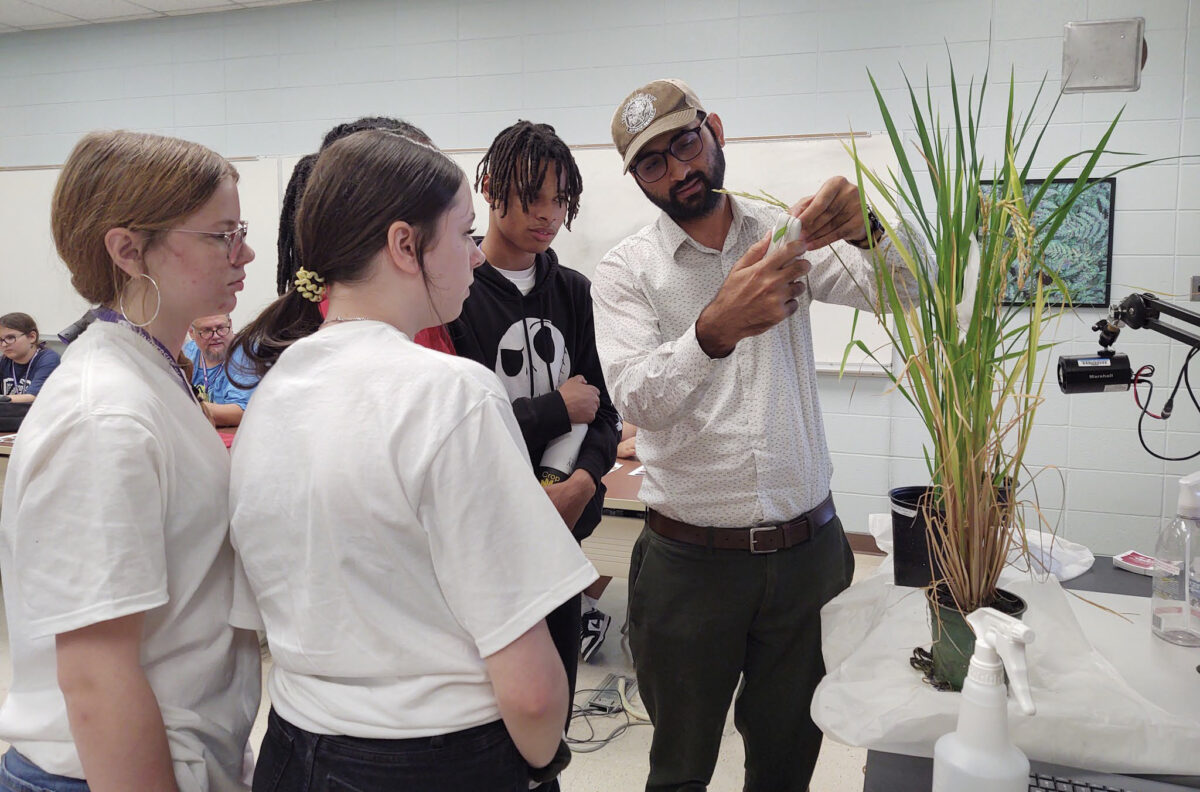
Southern SARE Awards Young Scholar Enhancement Grants for 2025
GRIFFIN, Georgia – The Southern Sustainable Agriculture Research and Education Grant program (SSARE) is giving young researchers an opportunity to learn more about sustainable agriculture. Through the James Harrison Hill, Sr. Young Scholar Enhancement Grant program, high school and undergraduate students are working alongside researchers on SSARE-funded projects, ranging from disease management to soil health […]


